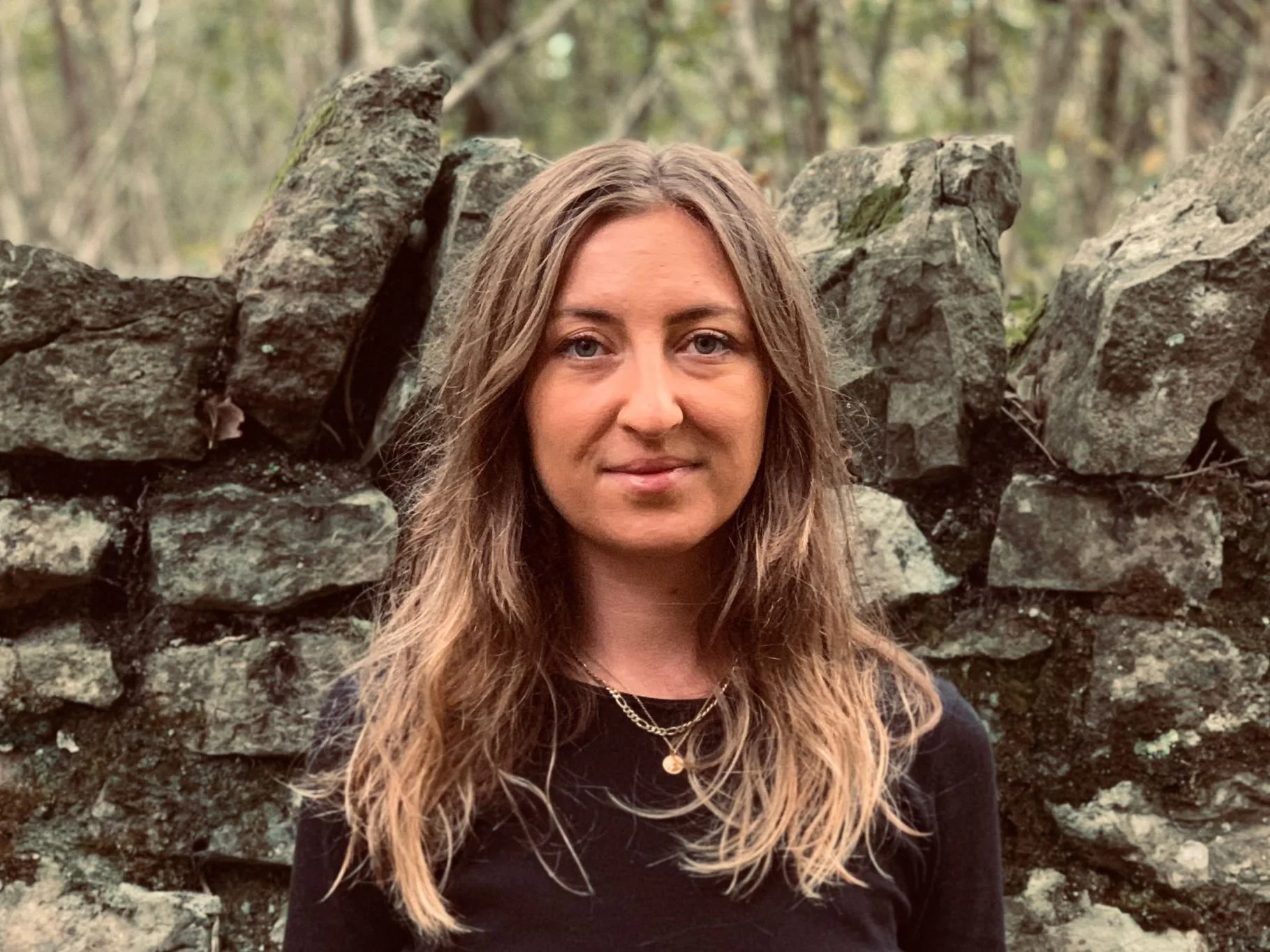Consumer culture and social class: a Q&A with Gaby Harris
Experiences of fashion amongst teenage girls
Gaby Harris is a research student in the Department of Sociology
By focusing on teenage girls, I am also introducing a group who – despite their significant influence on popular culture – are often ignored or dismissed.

What are you currently researching?
My project explores everyday uses and experiences of fashion and dress amongst teenage girls. I view fashion as a site through which girls both explore and mediate their identity.
In my work, I combine both material and cultural approaches to consumption. The core sociological focus is in demonstrating how creative processes of fashion intersect with relations of power in everyday interactions.
I focus on how girls negotiate a complex sense of self and identity on the terrain of fashion through different aspects of consuming clothes such as money and finance, forms of knowledge, management of judgements and understanding the body.
Many of these are evidenced in second-hand clothing consumption, requiring knowledge and a specific skill set which provides the possibility for symbolic reward in ways which also highlight class privilege. In this I discuss how the girls mediate their privilege through utilising ‘humble’ forms of consumption.
Why did you choose this area of study?
I have always been intrigued by fashion choices and trends and my sociological focus has been on contemporary cultural class inequalities. While fashion and dress are often mentioned in studies of social class, I found these to be mainly addressed as an aside rather than as a central part of performances of self and senses of belonging.
By focusing on teenage girls, I am also introducing a group who – despite their significant influence on popular culture – are often ignored or dismissed. What I demonstrate is that they are both subject to the kinds of inequalities and attitudes which require a sensitive approach in order to reflect on them as important and competent social actors, but also that the construction of them as unimportant or frivolous misses ways in which they too are important actors in the production of cultural inequalities.
How will your research improve or have a wider impact on society?
Girls have important voices which need to be better heard, in academic research and more widely in public and policy debate.I want to link them to the debates about social class inequality and mobility, the everyday and mundane ways in which privilege is produced and how this relates to power relations.
It’s vital to know more about how young people understand and navigate these in everyday interactions. We can better understand how power can be tied to judgements in ways that are not so innocuous.
Second-hand fashion is also a growing movement in favour of sustainable consumption, so the opportunity to discuss some of the features and challenges of this more widely would be welcome.
What has been the biggest challenge in your work so far?
Having initially conceived of an ethnographic approach to my work, the pandemic posed the biggest challenge in terms of how to adapt and adjust my fieldwork in lockdown. It took some time to reimagine the project, but I was able to do this, and in the end, I really enjoyed my fieldwork and working with the data I gathered.
Can you provide any advice to prospective students about the most effective way to approach research and keep stress levels down?
I find it useful to have a plan of what I want to achieve within the month and then to break this up into weekly and daily goals. It’s important to remember that generally productivity varies day to day, so embrace it when its good and accept it if it’s not – and know it will all come together. Thinking time is also very important!
Make use of LSE support – the PhD academy has run a lot of really useful classes and the coaching has been invaluable for me to help me think through my work and plan my timelines.
In a few words, what is the best thing about studying at LSE?
There are so many opportunities to be involved in study groups and meet lots of people who you can share ideas with.